Conduct sales and support services
Course Purpose Identifying early buying signals and taking appropriate action, negotiating and agreeing to the terms and conditions of a sale, preparing quotations according to organisational policies and procedures, handling customer objections and concerns, describing the current state of a …
Overview
Course Purpose
Identifying early buying signals and taking appropriate action, negotiating and agreeing to the terms and conditions of a sale, preparing quotations according to organisational policies and procedures, handling customer objections and concerns, describing the current state of a specific industry, and successfully closing deals to obtain customer commitment are key steps in the sales process.
What you’ll learn
A learner is capable of conducting sales in a specific industry by presenting the products and services to the customer in such a way that is conducive to a successful sale. A learner is capable of acting in such a manner to enhance the image of the specific retail industry. On achievement of this unit standard, the learner will be able to identify early buying signals and act thereupon, negotiate and/or agree to the terms and conditions of the sale, prepare quotations according to organisational standard policies and procedures, handle and deal with customer objections and concerns, describe the current state of a specific industry and close the deal and obtain customer commitment.
 Duration: 1 Day
Duration: 1 Day
Curriculum
Curriculum
- 6 Sections
- 19 Lessons
- 1 Day
- Unit 1: Identify early buying signals and act thereupon.ASSESSMENT CRITERIA3
- 1.1The characteristics of early buying signals are described, as is applicable to a specific industry.
- 1.2The reaction to early buying signals is demonstrated according to organisational procedures in a structured scenario.
- 1.3The standard company sales procedures are explained in terms of obtaining a prospective buyer’s commitment.
- Unit 2: Negotiate and/or agree to the terms and conditions of the sale.ASSESSMENT CRITERIA3
- Unit 3: Prepare quotations according to organisational standard policies and procedures.ASSESSMENT CRITERIA3
- 1.1Conditions of the sale are defined in terms of company procedures and legislative framework.
- 1.2The commitment of, internal and external departments are formalised to meet the requirements of the quotation.
- 1.3Quotation is presented according to organisational and legislative and legal requirements.
- Unit 4: Handle and deal with customer objections and concerns.ASSESSMENT CRITERIA3
- 1.1The method of clarifying and addressing concerns and objections of customers are described in terms of organisational policies.
- 1.2A proposal to address customer objections and concerns is formulated in terms of company policies and procedures.
- 1.3The procedures to deal with unresolved objections and concerns are described in terms of company policy and procedures.
- Unit 5: Describe the current state of a specific industry.ASSESSMENT CRITERIA4
- 1.1Divisions of a specific industry are described with reference to the role and contribution of each division to the industry.
- 1.2Industry specific information is analysed to determine trends and availability.
- 1.3The purpose of specific legislation relating to an industry division is described in terms of the objectives.
- 1.4The consequences of non-compliance to industry specific legislation are described in terms of the legislation.
- Unit 6: Close the deal and obtain customer commitment.ASSESSMENT CRITERIA3
- 1.1The customer’s commitment to purchase is formalised and a cause of action agreed according to organisation policies and procedures.
- 1.2The ability to secure a future relationship with the customer is demonstrated in terms of company policies and procedures.
- 1.3The process to distribute the different documents is explained according to company procedures.
Requirements
- Grade 11
- NQF Level 3






